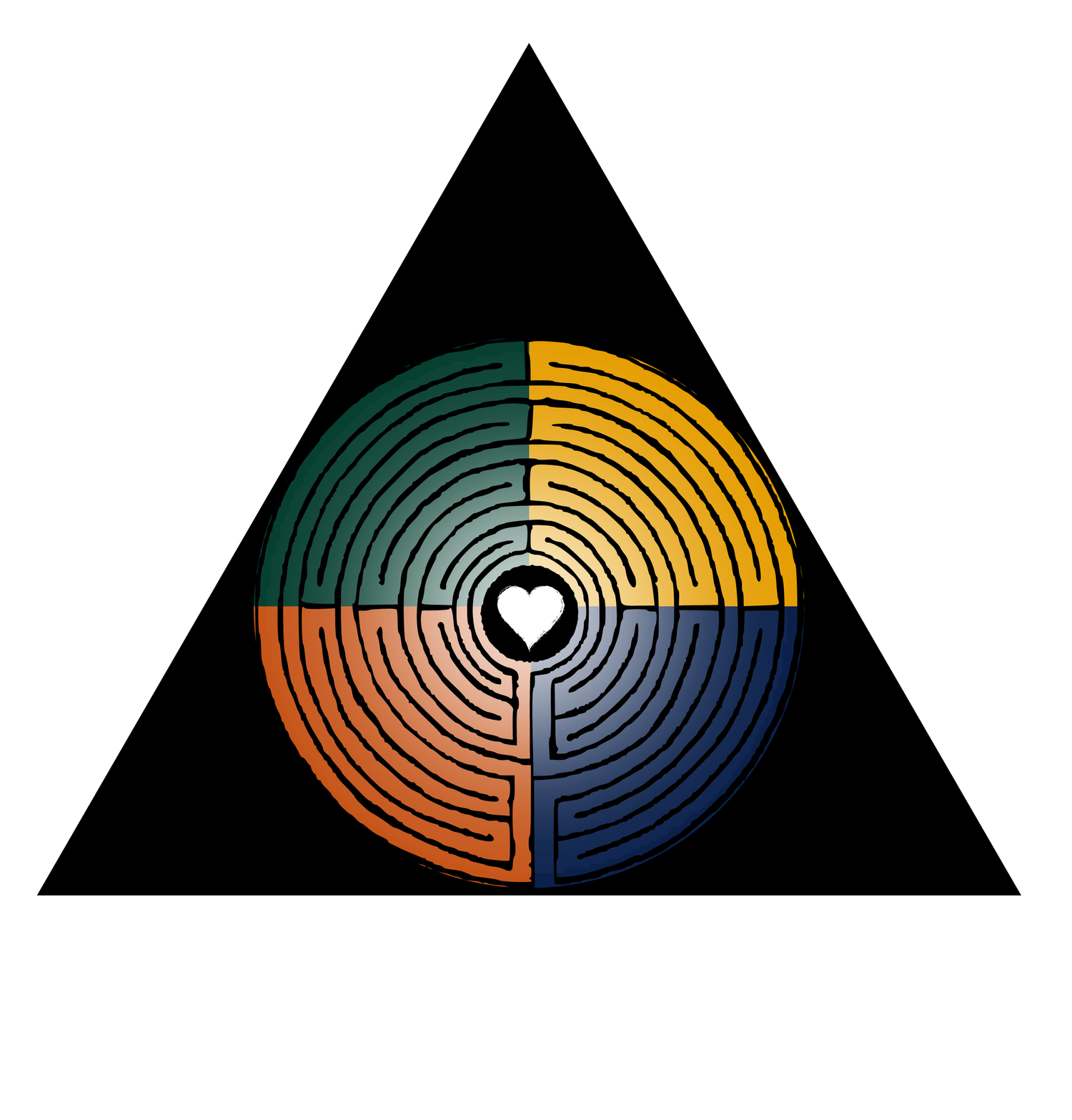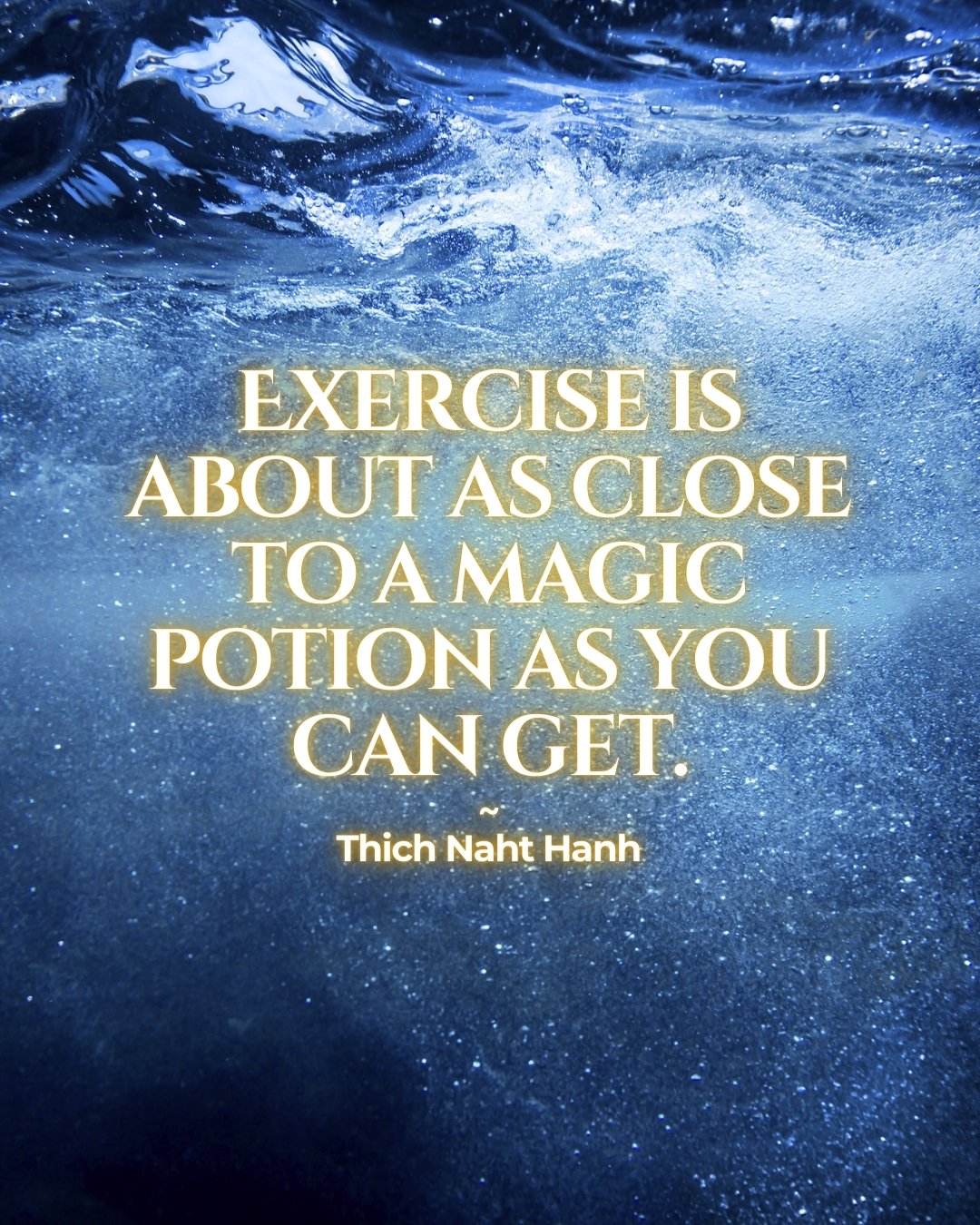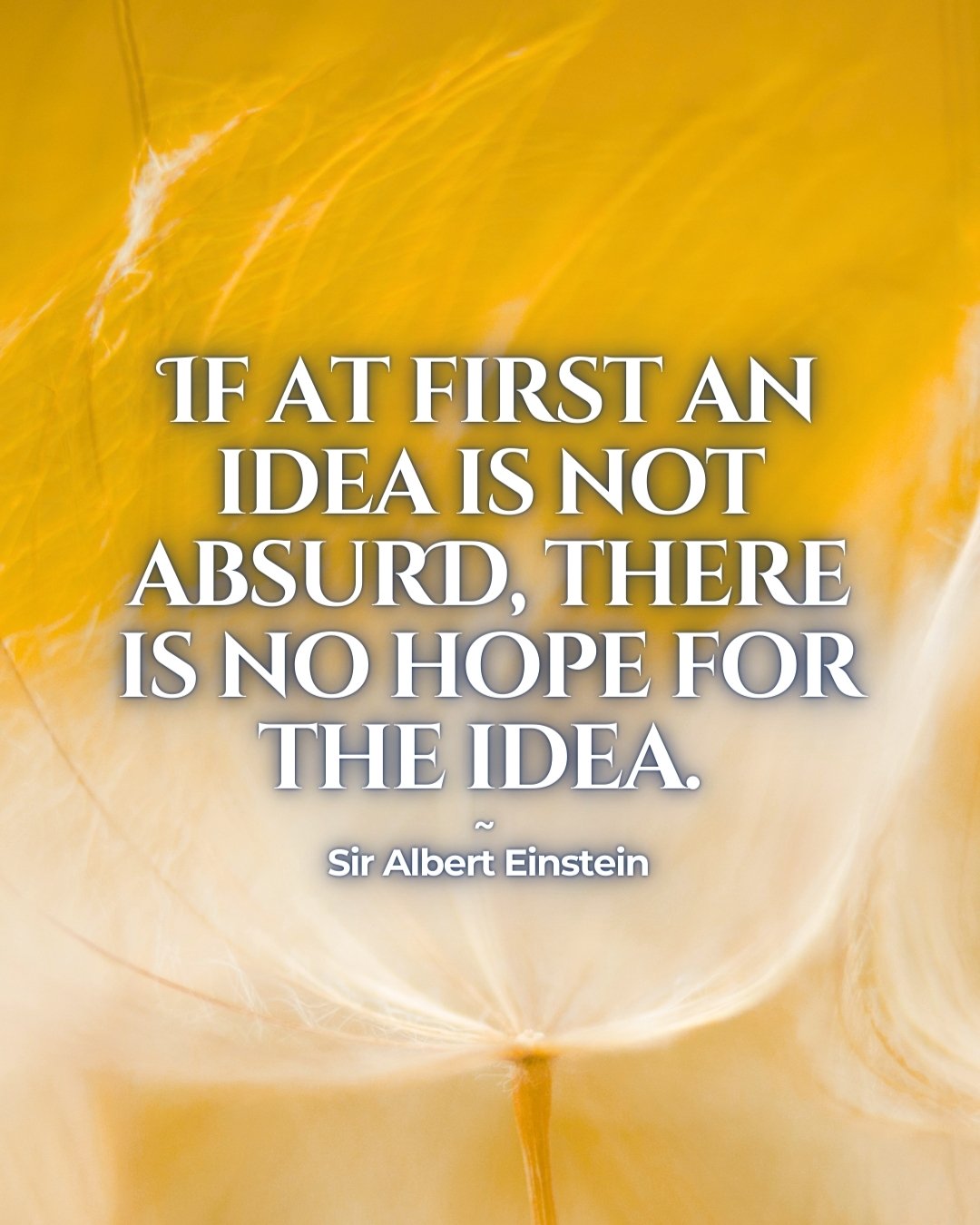You're Not Overworked, You're Actually Under- Rested
Okay, this is Dan, what’s up gang? I call you gang; but I should call you respectful rebels. Anyone listening to this has got to be a respectful rebel to the nonsense out there. This is a good one because this is about rest.
Rest is not a true element of nature. Nothing is truly resting. Even when I sleep, things are happening. Even though my consciousness might not be aware of it, things are still happening.
Rest makes everything in our human experience work. In our American culture, I like to say - you're not overworked; you're under-rested. Corporations and employers don't understand the necessity of rest. Staff and people are their greatest assets, and treating them like humans rather than robots would get more out of them.
Rest is the Most Overlooked Element in Our Culture
Before diving into the rest today, I took a 20-minute nap and some breaks. The rest element is the most overlooked in our culture and perhaps it’s because of our family upbringing.
I grew up in a family where if I wasn't doing something, my mom would say, "Get busy, get out of here, do something!" I was shamed and blamed. I was always working mentally or physically. I didn’t give myself permission to take a break. Even now, I feel guilty when I want to do something like watch a movie. I think, “I shouldn’t be doing this, I should be doing something else.” I see some dirt on the floor, notice that the floor needs to be vacuumed and I can’t chill out. It’s a practice.
But people pride themselves on producing, producing, producing. And I think that gets us into trouble with our health. Without rest, even very successful people sacrifice their health and relationships. A bunch of things go downhill, and at the end of their lives, they regret not spending more time with loved ones in nature, relaxing, laughing and enjoying life. We do this because we get some satisfaction and sense of belonging by fitting into what Pilar Gerasimo calls “the unhealthy default reality.” In other words, taking a nap, a rest, or going to meditate doesn’t fit into the default reality of our unhealthy way of living.
But at age 29, I was given an invitation to honestly self-reflect on my life when someone told me I had cancer. This happens to 4,500 people on average today who are told they have cancer. 1,500 die from cancer and 1,700 people die from a heart attack each day. But lack of self-love and rest may be at the core of these issues.
Many teenagers face immense societal pressure, leading to high rates of suicide and health problems like diabetes - which 19% of 19-year-olds or younger have these days. That used to be something that mostly happened to older people, but not anymore.
The Three Types of Rest
In my world, I break rest into three types: conscious rest, active rest, and unconscious rest (sleep).
Conscious Rest
Conscious rest is the freedom to self-reflect, meditate, and pray. It's being still and silent, but still fully alert. At the highest level, like in Samadhi, you are conscious as consciousness. Paramahansa Yogananda, a leading spiritual yogi from India, talked about this state. You get that through prayer, mantra and meditation - controlling the mind. I’ve had a deep experience of being in a state of conscious rest. Here’s how it works: If you throw an object up in the air, eventually it has to come to a complete stop before it returns. In that complete stop, it’s full of kinetic energy to return. In that state of stillness and pure energy is Samadhi. That’s the feeling - perfectly still but perfectly alive with the potential of all energy.
Active Rest
Active rest involves using the least amount of energy for the maximum effect. I learned this while driving, realizing I was wasting energy by gripping the steering wheel too hard. Relaxing felt like the hand of God was under my butt and was carrying me, so I relaxed and turned the music up more. Nature does not waste energy, and we shouldn't either. You can use subtle energy to do it. Active rest
includes mindful actions, like what Tai Chi masters do - soft, graceful and very powerful. That’s why they can move people without moving.
Here’s an exercise - try keeping the speed limit at all times while you’re driving and watch the craziness go by you. You’ll feel many emotions, but pull over into the far right lane to exit, hold that slow down just like your grandpa and feel the relaxation of it. You’ll resist, but you’ll learn something. The speed limit wasn’t there for the laws, it’s actually there to help you get a relationship with rest as far as I’m concerned.
All About Ultradian Rhythms
You can also train Ultradian rhythm breaks, which I learned from Brian Johnson of Heroic Coaching and from Pilar Gerosimo’s course.
If you’re familiar with Circadian rhythms, there’s a 24-hour cycle where we rest day and night, night and day - we have a rest cycle and an active cycle. Ultradian rhythm breaks are micro-cycles within our 24-hour period where we operate at our best and then we start to decline. There are 90 minutes when we’re most efficient and then we start to drop.
If we can rest and take a 15-20 minute Ultradian rhythm break for recovery - the brain isn’t doing nothing. It’s actually doing massive amounts of work to compartmentalize, defragment itself, and become more creative. It’s the same thing with physical training. An Ultradian break would be stretching, getting water and hydrating or lying down - the opposite of what you’ve been doing before that.
If you listen to the Fire element - going on social media and your email is NOT an Ultradian break. Your brain is on fire from the EMFs, the screen time and dopamine hits. So after being on your computer, which is in your house under artificial light, go outside. Play in the sandbox or do “hammock therapy” outside, or in your bedroom with an eye pillow over your eyes. Take a breathing meditation and allow your body to reset and refocus. You’ve filled your well. Now, the activity you’re going after is more joyful, you’ll be more productive, and you’ll make less mistakes.
You want to become really keen on when you’re at your best and when you start to drop. Usually, this is the point when you want to distract yourself by buying a spring dress for the cookout this weekend or calling a friend. That’s how you know it’s time for a break
Most people are unaware of Ultradian rhythms and give the middle finger to sleep so they can produce. But Ultradian rhythms are a mini-sleep cycle. Think about how well you might sleep during the day with micro-cycles of rest throughout the day. You might get home from work and now you have some reserves and patience for your children, or your creative endeavors.
When we ignore these signals, we can have numerous side effects with our metabolic health. Blood sugar problems, insulin, diabetes, insomnia, blood pressure increases, decreased heart rate variability, your ability to deal with stress - your resiliency goes down. And it’s not like a savings account where I can build it up today and I’ll use it up tomorrow, it doesn’t work that way. I suggest visiting Pilar Gerosimo’s website Healthy Deviant.com to learn more about Ultradian rhythms.
Unconscious Rest
Unconscious rest, or sleep, is vital but the least efficient. We need 7-9 hours of sleep, depending on the person and the time of year, and any deviation can have significant health impacts.
Matthew Walker's book "Why We Sleep" highlights that losing just one hour of sleep when we spring forward each year can increase heart attacks by 24% the next day. Conversely, gaining an hour in the fall for daylight savings reduces them by the same amount. Remember that we are human beings and are incredibly sensitive, but we’re losing that and we’re suffering for it.
Most people don’t sleep efficiently so you’ll need more time in bed. I need 9 ½ hours in bed to feel rested enough and get my 8-8 ½ hours of sleep. If I want to be up at 6 AM, I need to go to bed at 9 PM.
So that’s the bleak picture of what happens when you’re lacking in sleep. How many auto accidents occur because people are deprived of sleep? Tons. And again, if you think of the Ultradian cycles causing us health problems, sleep is a bigger version of that. Especially people that want to lose weight, help themselves with diabetes, blood sugar and stuff like that - sleep is vital.
Key Takeaways
Rest makes everything in our human experience work, but we often don’t get enough of it.
There are three types of rest - conscious rest, active rest, and unconscious rest (sleep).
We should look at what our cultural background teaches us about rest and resist the urge to constantly produce.
Not getting enough sleep can lead to significant health problems including metabolic disorders such as diabetes.
Rest is Crucial to Your Health and Well-Being
In summary, rest is the most overlooked and unspoken element of optimal health, healing, and transformation. Cultural, social, and family upbringing often make us deny and fight rest. Becoming a respectful rebel or a healthy deviant is necessary to break this cycle of default reality.
Taking time for self-reflection, meditation, and prayer are all forms of conscious rest that use the least amount of energy for the maximum effect in all activities. Regular, consistent work is crucial for overall well-being. Early to bed and early to rise truly makes a person healthy, wealthy, and wise. That’s rest in a nutshell.


























